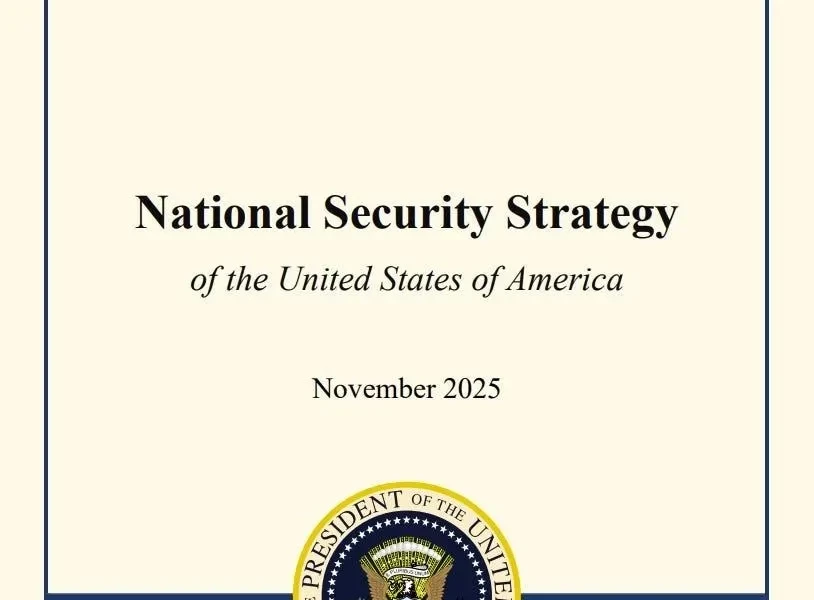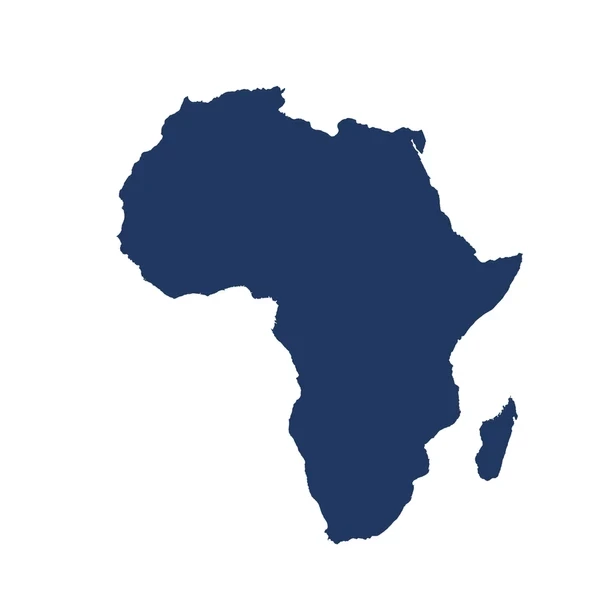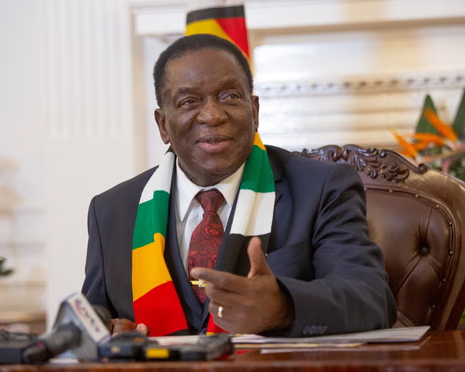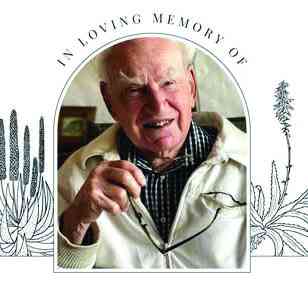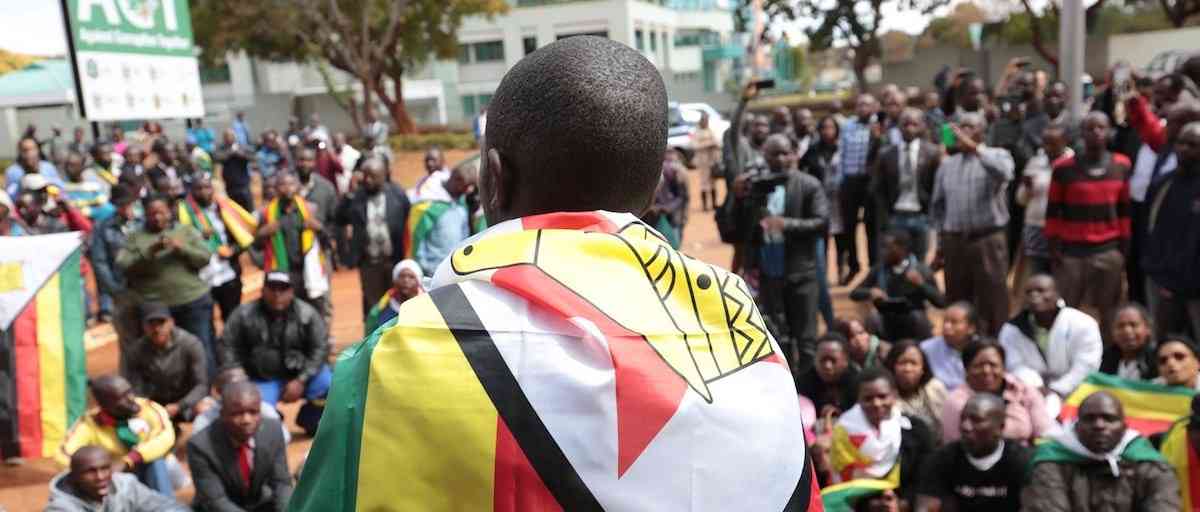
Zimbabwe has an unfortunate history of organised violence and torture (OVT) during elections, especially since 2000, with the elections in 2000, 2002, and 2008 the most violent.
However, no election since 2000 have been free from OVT, intimidation and threats to the voter. When it comes to elections, Zimbabwe is the most violent country in Sadc.
The Sapes Trust/Research Advocacy Unit (RAU) series of policy dialogues on the forthcoming elections in 2023 aims at a pre-election audit of the electoral conditions, using a framework proposed by Phillan Zamchiya.
The framework revolves around five pillars that encapsulate all aspects of elections as well as linking these to the current and ongoing political economy. These are described as follows:
- Information
- Inclusion
- Insulation
- Integrity
- Irreversibility
This policy dialogue series uses this framework to examine the key areas of the electoral playing field in Zimbabwe, contrasting these with regional and continental best practices.
To date, the policy dialogues have examined inclusion and irreversibility, and have examined these contrasting Zimbabwe and Kenya.
One of the key pillars is insulation.
Insulation refers to the basic freedoms – association, expression, movement, etc. – that are necessary for citizens to fully participate in any election.
- Little hope for Zim, Africa
- African leaders dying overseas expose cruel deception of independence
- Sadc must intervene on Zim crisis: SA
- Sadc meets over water, energy and food security
Keep Reading
These can also be seen negatively through limitations of these freedoms: by hate speech, intimidation, OVT, closing of civic space by banning meetings or rallies.
A lack of Insulation has been a feature of all elections since 2000 and has been a major reason behind the imposition of sanctions and the claims that the government is illegitimate.
The 2023 elections are likely to be the most seriously contested since 2000, with the threat to Zanu PF’s hold on political power under greater threat than ever before.
This webinar will examine the prospects for an election in which insulation is at all possible, with political violence having already emerged in the recent by-elections and the rising tide of violent rhetoric.
The keynote presentation was given by Tony Reeler (senior researcher, RAU), with discussion from Jestina Mukoko (director, Zimbabwe Peace Project) and Roselyn Hanzi (director, Zimbabwe Lawyers for Human Rights)
Background
Insulation deals with both the right to register and vote and the right to freely participate in all pre-election activities.
This policy dialogue focused on the latter and the concern over interference with the rights to participate and vote, with OVT as the most serious form of interference.
This has been raised in previous policy dialogues over the past few years, and it should be noted that the concerns are based in multiple reports about/ OVT in Zimbabwean elections, many of which are included in nearly 500 reports on OVT since 2000.
It is conventionally assumed that OVT is the major cause of “voter apathy”, but research has also identified the complete lack of political trust in the state and the government that began in 1999 with the “food riots”.
Following the increasing dissatisfaction with the effects of the Economic Structural adjustment Programme (ESAP), the citizens took to the street in rioting, which resulted in soldiers on the street, mass torture, and mass arrests.
This was the perhaps predictable consequence of sustained losses in livelihoods and safety nets, and the end of political trust – by the government with the citizens and the citizens with the state (not just the government).
Thus, it is important to note that it is both lack of political trust and continuous coercion that produces “apathy” in Zimbabwe, and also that the only trusted bodies are NGOs and churches.
It was the beginning of a prolonged violent conflict between the government and opposition political parties, and, also the prolonged conflict between the government & civil society – the government treated civil society as enemy, but refused to accept that it was mainly issues of human rights that united political parties and civil society.
It is also important to note that Zimbabwe’s international isolation was not only the concern about the violation of about property rights, but also about the extensive human rights violations, and particularly the violent elections.
Organised violence and torture in Zimbabwean elections
Although elections between 1980 and 2000 all had problems, elections from 2000 had a wholly different character.
Firstly, the elections in 2000, 2002 & 2008 had such enormous violence that it is possible to argue that crimes against humanity were committed – the OVT was both systematic and widespread.
Secondly, all the evidence shows collaboration between state agents and proxy militia, both Zanu PF supporters and youth militia.
Thirdly, the victims were predominantly supporters of opposition political parties, but also those who did show explicit support for Zanu PF.
The number of victims from Zanu PF were trivial in number, making it clear that the violence was not inter-party conflict.
Fourthly, evidence, particularly for 2008, shows that the OVT was organised with army, police, intelligence services, party officials, and traditional leaders all involved in co-ordinated violent action.
Fifthly, the OVT is always preceded by a marked increase in violent rhetoric and hate speech, which clearly facilitates the violence and rationalises the use of violence (particularly with the continuous reference to the liberation war).
Sixth, all evidence shows Zimbabwe to be the most violent country in Sadc when it comes to elections. Seventh, and lastly, all is complicated by Zanu PFs refusal to see elections as “regime change” common to all democracies, rather casting any attempt (including elections) as “regime change implying overthrowing the state.
Thus, there is a valid expectation that the election in 2023 cannot be free from OVT.
The expectation of OVT in 2023
Firstly, the country’s more polarised than at any other time in its history, with the latest Afrobarometer poll in August 2022 showing support for the Citizens Coalition for Change (CCC) having 26%, Zanu PF slightly more at 27%, but 46% being “reticent” (Refused to answer, Not applicable, or Don’t know).
Secondly, the government’s performance since 2017 has resulted in deepening poverty, increased food insecurity & the failure to deliver public goods and services – all are indicators in any country that the government will be voted out of power.
Thirdly, there is increasing violent rhetoric & hate speech, and, more worryingly, the suggestions that militia are being mobilised through the ideological training scheme (remember the Green Bombers).
The contest for the presidency (and all the powers of the presidency) is more serious than ever before. The incumbent is less popular than at any time since the coup, even facing challenges within the party itself.
According to same Afrobarometer poll, only 30% said they would vote for Zanu PF, 33% for the CCC, and 31% being reticent.
The big question is who do the 31% vote for, given 68% overall say they are registered to vote?
Sixth, the government is mounting a massive campaign against civil society through the PVO Amendment Bill (and possibly the Patriot Bill), which can only be aimed at hindering civil society’s capacity to document OVT & monitor elections. It is important to remember the poll popularity of NGOs!
Quite apart from all the indications that extensive rigging is being anticipated, the prospects for a peaceful, non-violent election seem remote.
The costs to Zanu PF in losing are too great to anticipate anything other than they must win – crimes against humanity & massive corruption are the liabilities they will face in losing.
Current indications of OVT
Notwithstanding the issues about political trust, the matter of fear amongst the citizenry cannot be underplayed, especially with the politicisation of virtually area of citizen life: in short, Zimbabweans fear elections.
The point about the deployment of militia seems already evident and seen in the recent by-elections where the ZPP has recorded young men being bussed into constituencies.
The vehicles were identified and reported to the police. One victim suggested that these youth had received some form of martial arts training from the way she was assaulted.
The suggestion that these are imported is bolstered by the stripping of women, a behaviour that locals would avoid for fear of the reaction of the community.
Allied to this is the increasing hate speech, and of great concern blunt statements by both senior party members like Owen Ncube, as well as by local leaders.
The former threatened violence worse than 2008 against “sellouts”. Abton Mashayanyika, who suggested that Nelson Chamisa and his family should be killed is yet to be prosecuted, and these two cases indicate the impunity with which violence and hate speech receive.
Added to overt violence are the concerns about food relief, and the evidence that this is increasingly partisan, deeply worrying when the peak of food insecurity will be in the months immediately prior to the elections in 2023.
Civil society organisations have also noted the increasing partisan behaviour of traditional leaders, with some reports that people are being threatened with expulsion from their local area if Zanu PF does not win in the local area.
All of this is undermining the work of the churches in building peace within communities.
Controlling OVT
With all these concerns, the policy dialogue addressed the mechanisms for controlling OVT, and in making important points about the law, law enforcement, and the judiciary, a central point was the lack of political will to ensure compliance with the constitution and the laws.
The points about controlling OVT were straight forward:
- There is a major gap in adherence to constitutionalism, with many laws not yet in compliance with the constitution. This requires not only a serious attempt at reform, but also compliance with international law and best practices.
- For example, adherence to the African Charter on Democracy, Elections and Governance, where, in Article 11, the government shall develop the necessary legislative and policy frameworks to establish and strengthen a culture of democracy and peace. The Charter also requires states to create inclusive institutions and create a culture of consensus.
- The existing legislation gives the Zimbabwe Electoral Commission (ZEC) the requisite power to achieve this, and ZEC does in fact set up multiparty committees, but always too late for these to be effective in creating a conducive, non-violent climate.
The requirement for an enforceable code of conduct for elections needs to be taken on forcefully by ZEC, and not displaced to other state agencies or commissions.
- This point relates particularly to the conduct of the ZRP who show little signs of proactivity in dealing with violence, and not even a credible attempt at arresting perpetrators of violence or hate speech.
- ZEC can also make greater use of the institutional support that can be given by civil society and other stakeholders and needs to make credible attempts to curb the proliferation of hate speech, especially that on social media.
- The mechanisms for dealing with disputes are also in serious need of overhaul. Little has changed in the way that the courts deal with disputes and the old rules still apply.
This is crucial as the citizenry needs to be confident that disputes are dealt with expeditiously and professionally.
The main point raised in looking at ensuring Insulation is that all the frameworks are present, but the political will is missing for both reforms and full application of what actually exists.
Conclusion
Again, this Election Series Dialogues has raised more questions than answers but raised the deep fears about yet another violent election, a view shared by all participants, and raised in all the previous dialogues.
It was difficult to come to any clear conclusion about what needs to done moving forward and ensuring insulation, but two points were made that deserve attention.
- In order to increase international pressure for reforms an explicit adherence to existing laws and standards, the Commonwealth needs to be approached, made aware of the developments currently, and deal with the conflict of interest in Sadc countries over their simultaneous membership of the Commonwealth and Sadc.
Violent elections were the major reason for suspending Zimbabwe in 2002.
- Noting the success of the church-driven peace accord in South Africa, and the on-the-ground methods of preventing violence, there is need for the Zimbabwean churches to adopt a similar approach and provide both monitoring of and active presence at all elections activities.

